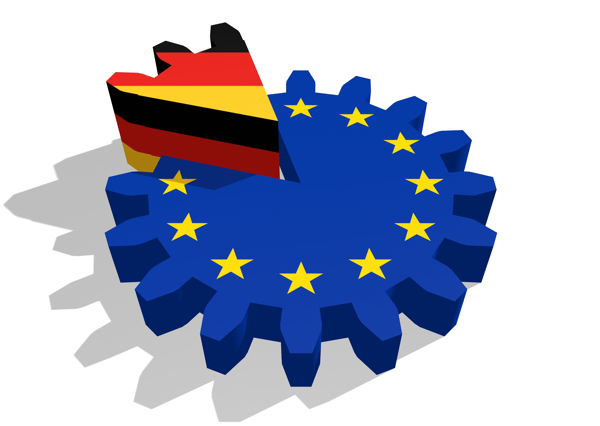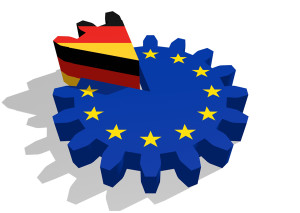
Germany could break away from years of fiscal discipline and become less of an economic example, amid plans by its new government to increase spending, analysts told CNBC.
The largest euro zone economy has accustomed the world to running budget surpluses — when income or receipts overcome expenditures — or even small deficits compared to the rest of the region. Data released in January showed that Germany’s public sector hit a record surplus of 3.4 billion euros ($4.24 billion) in 2017, indicating that the government has room to step up spending.
However, analysts are concerned that increasing spending, which the new government aims to do by 48 billion euros, could be detrimental in the eventuality of economic shocks.

“As long as the German economy continues to grow at such strong rates and I expect this to continue for two to three years, I do not expect a deficit,” Joerg Kraemer, chief economist at Commerzbank, said Wednesday. “However, if something happens, and growth slows down, then we are quickly back in deficit territory as a new government will spend all the extra tax revenues for consumption.”
The last time Germany ran up a deficit, defined as the amount by which expenses or costs exceed income or revenues, was in 2013 by 0.1 percent of gross domestic product.
According to Commerzbank, the coalition deal between Chancellor Angela Merkel’s Christian Democrats (CDU) and the Socialist Democrats (SDP) will prove “costly.” With a more relaxed approach to spending, should an economic shock occur, which could include a market sell-off and changes in monetary policy, Germany could be in trouble, the bank said.
via CNBC

